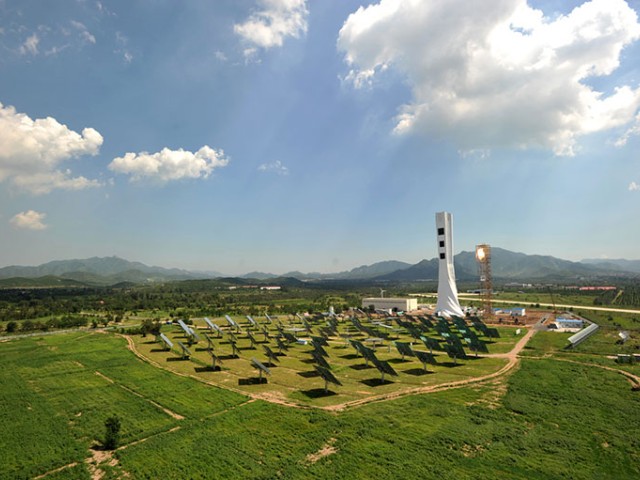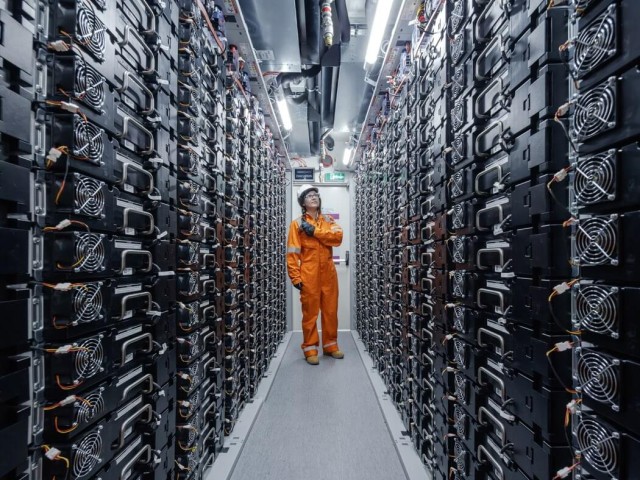We are preparing tomorrow’s solar energy
EDF makes use of all its R&D expertise and relies on the most innovative partners to improve production, lower costs, facilitate network integration and maintain its photovoltaic plants.
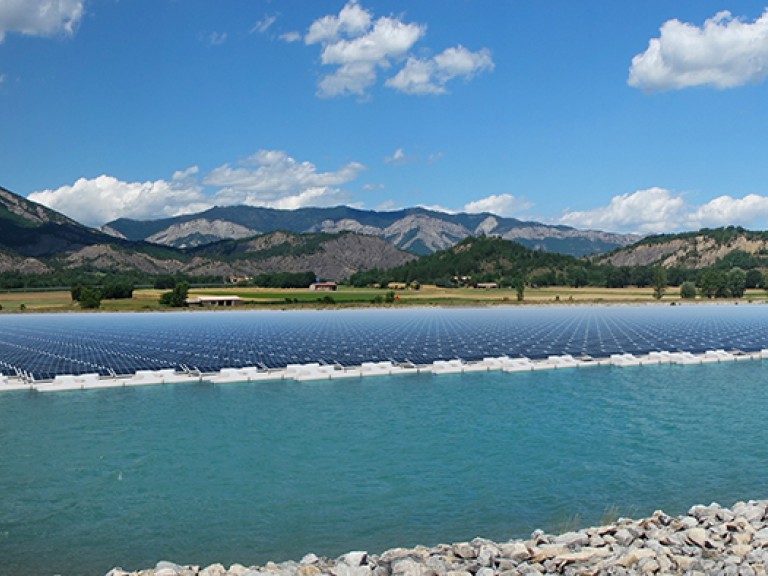
Lazier (Haute-Alpes)
In June 2023, EDF power solutions, EDF Group subsidiary, has opened the Lazer floating solar power plant in the French Alps. It is the first one to combine photovoltaic and hydrolectric power generation at a single site. With its more than 50,000 solar panels, the power plant will supply sufficient electricity to meet the annual consumption needs of 12,500 people.
Floating solar
An alternative to the lack of land space capable of accommodating large-scale solar power plants on the ground or on roofs, floating solar energy installed on unused water bodies (quarry lakes, irrigation ponds, dam reservoirs, etc.) is a promising avenue to explore for the photovoltaic industry.
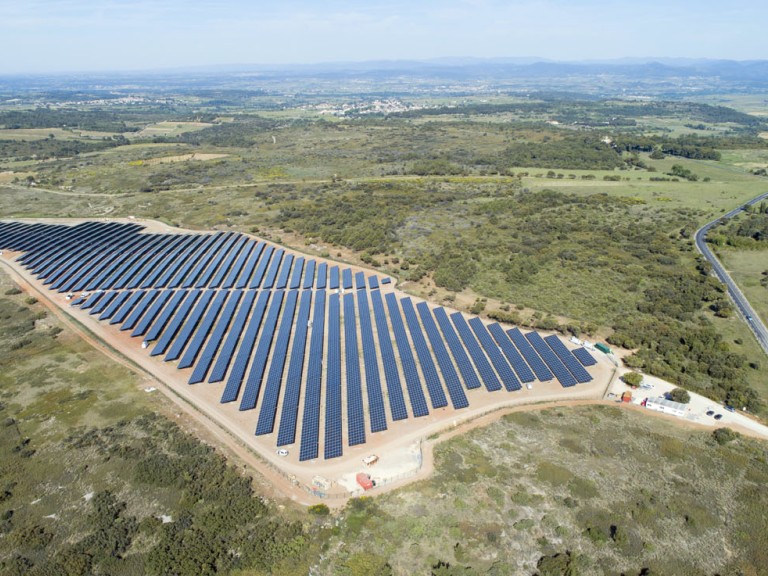
Saint-Pargoire (Hérault)
Located in the middle of scrubland in Saint-Pargoire (Hérault), the solar plant (11 MWp) will benefit from both a very good level of sunshine and the choice made by EDF power solutions to install bifacial photovoltaic panels. These modules provide higher overall power, absorbing solar radiation on both sides of the panel, producing up to 25% more electricity.
Future of photovoltaics : Bifacial PV
Another technology of the future for the photovoltaic sector: bifacial panels, namely, both sides can capture light, providing a yield of more than 25% (compared to 15% to 18% for current conventional panels).
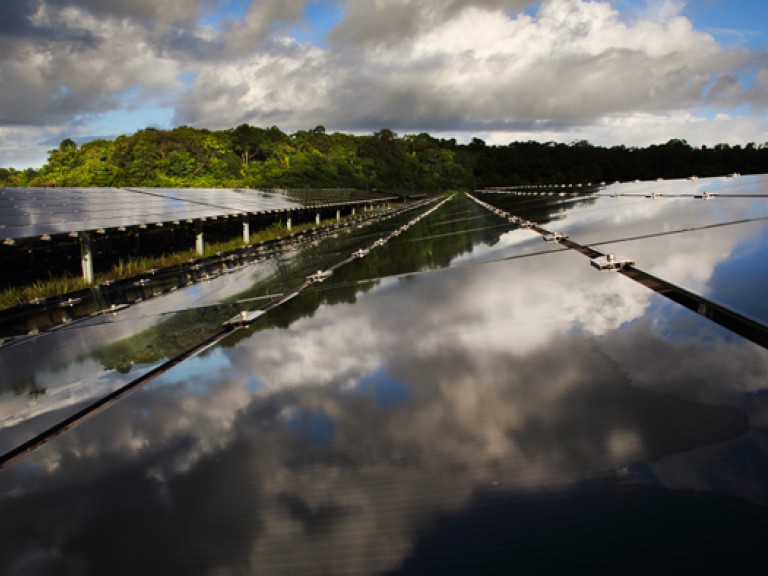
Toul-Rosières (Meurthe-et-Moselle)
The construction of the Toul-Rosières power station in Lorraine, 115 MWp, was accompanied by the decontamination and reconversion of a former military base. This massive project comprises around 1.5 million new-generation ‘thin-film’ photovoltaic panels made by First Solar. The site's production is equivalent to the annual consumption of about 55,000 inhabitants.
Future solar panels : Thin-film photovoltaics
As an alternative to traditional silicon-based modules, these panels have been specially designed for areas with little exposure to sunlight. This technology, known as ‘thin film’, makes it possible to manufacture flexible and transparent panels, offering several different installation options in the home.
Dubaï
EDF power solutions is taking part in the world's largest solar energy project
Keen to embrace the era of carbon-free energy, the Emirate of Dubai brought EDF in to assist with the construction of one of the world's most powerful solar projects. This solar farm will have a total installed capacity of 5,000 MW once fully operational in 2030. It also illustrates the EDF Group's ability to carry out large-scale solar projects.


